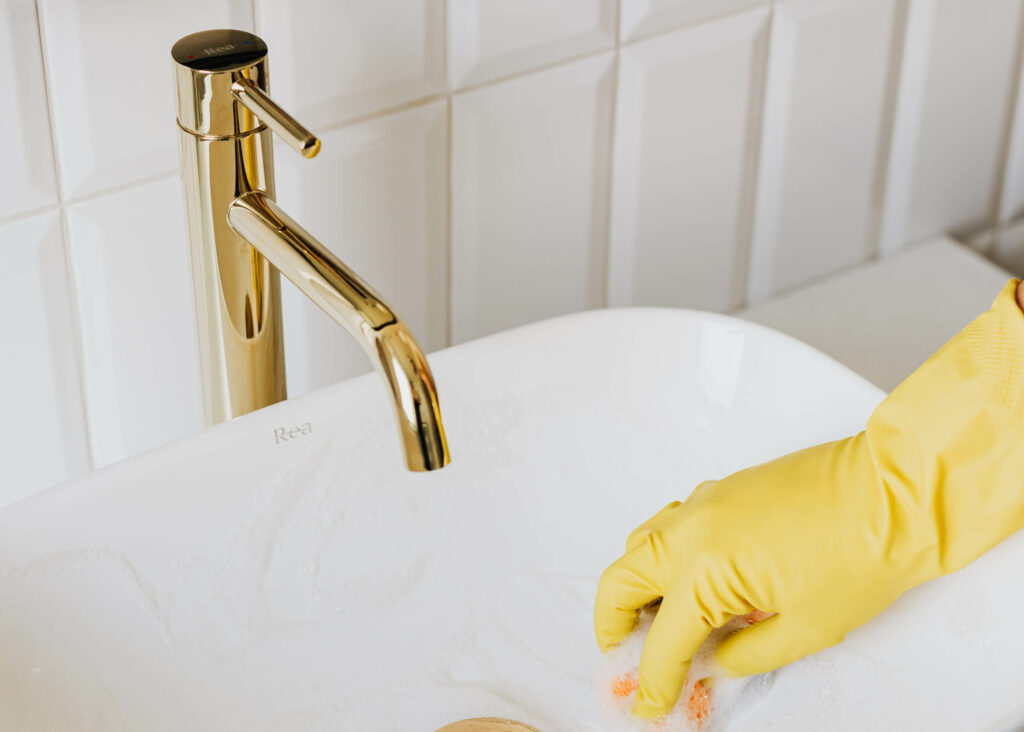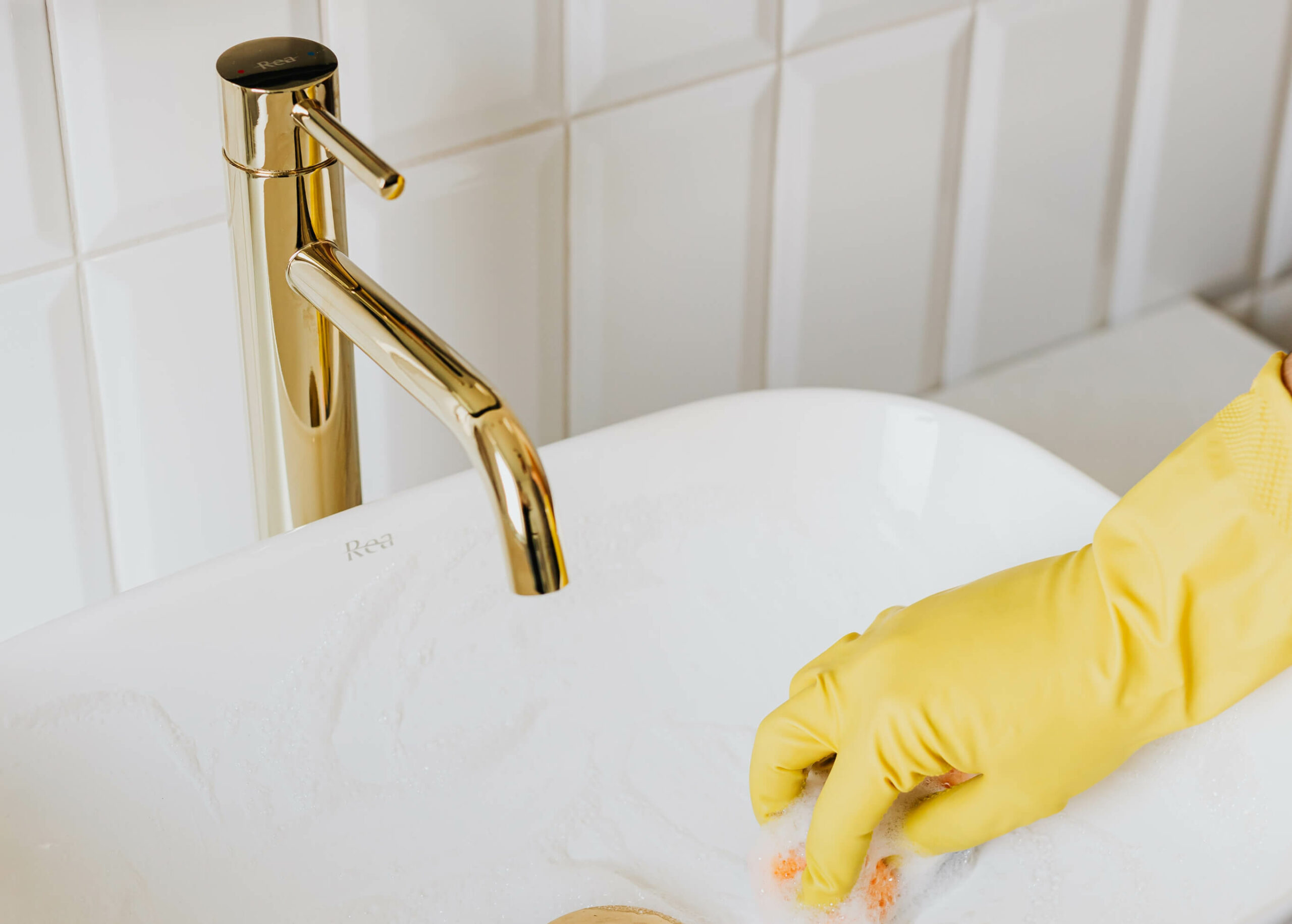Thanks to COVID-19, we’re more conscious than ever of the consequences of bad hygiene. Cleaning and disinfecting our homes has never been so important to reduce the risk of infection. At the very least, germs can result in odours and stains, but the growth of microorganisms can also pose a greater risk to our health. Tiled surfaces in places such as kitchens and bathrooms are ideal breeding grounds; let’s take a look at the different species of microbes.
Microbes at a glance
According to current estimates, there are recorded to be at least 1 billion distinct microbial species on Earth. This is a truly staggering number, and there are possibly more, but microbes can be grouped into five major types. Viruses, Bacteria, Archaea, Fungi, and Protists make up much of the biological world. The most common types of bacteria found in homes, however, are from the Staphylococcus, Streptococcus, and Corynebacteria families.
How bacteria and viruses spread
Germs are usually transmitted by unclean hands, whether from person to person or person to surface. They can also travel through the air when someone sneezes or coughs, leaving bacteria-filled droplets on worktops, door handles and tiles. Different areas of the home also have different levels of risk when it comes to the amount of exposure you have. Thanks to their wet and humid conditions, kitchens and bathrooms create an ideal environment for the growth of microbes.
The best FILA cleaners to kill microbes on tiles
Able to cause respiratory problems, the development of bacteria like mould can also lead to premature degradation of your grout and tiles. At FILA, we have a range of tile cleaning products to keep your home safe and hygienic with very little effort too:
CLEANER PRO
Just because your natural stone tiles look clean, it doesn’t mean that they are – CLEANER PRO is a concentrated cleaner that is great for any delicate surface. A concentrated cleaner, you also don’t need much – simply dilute 25 ml in 5 litres of water to remove the dirt that would allow germs to develop.
SANIFAST
We put our floors through a lot, especially if you have a cat or a dog – households with pets are found to have more diverse bacterial species. SANIFAST is a pet-friendly surface disinfectant that can eliminate up to 99% of bacteria, clean and deodorise too.
RAPIDSAN
A very common form of bacteria that can be found everywhere is a nasty substance called Serratia marcescens. You’ll know this microbe when you see it as it is distinctively pink and can be found in your shower, toilet or other water fixtures. Thankfully FILA’s RAPIDAN is able to tackle this germ, disinfect and eliminate odours. It’s also eco-friendly, pet safe and contains tea tree, an essential oil that comes with many germ-fighting properties.
ALGACID
Mould contains many bacteria, and studies have shown inhaling microbial air can lead to problems such as respiratory tract infections. FILA’s ALGACID is a fast-acting mould remover that works in minutes and comes in an easy to use spray bottle.
FUGANET
FUGANET is a grout cleaner for joints in between tiles to combat all kinds of dirt. Simply spray directly onto your grouting before rinsing with water and following on with a grout protector spray.
Why a grout protector spray is also essential
Even when cleaned on a regular basis, tile grout lines don’t take long to get dirty again. Leftover food particles or excessive moisture provide microbes with a fighting chance to develop. FILA’s grout protector spray, FUGAPROOF, will sanitise grout lines and also facilitate cleaning. With this water-based sealer, germs will be a thing of the past, and it can even be applied to surfaces with residual humidity.
No dilution is required; this product is ready to use after cleaning the surface with a grout cleaner like FUGANET. Once dry, simply spray FUGAPROOF directly onto the grout before wiping the excess product using a clean cloth.
FILA Surface Care Solutions will keep your tiles tip-top!
At FILA, we have an in-depth knowledge of microbes and how they are formed, so you can be sure our products will keep your tiles hygienically clean. If you’d like to know more about any of the products we mentioned in this post, please get in touch; our team would be more than happy to help. Thank you for reading.

